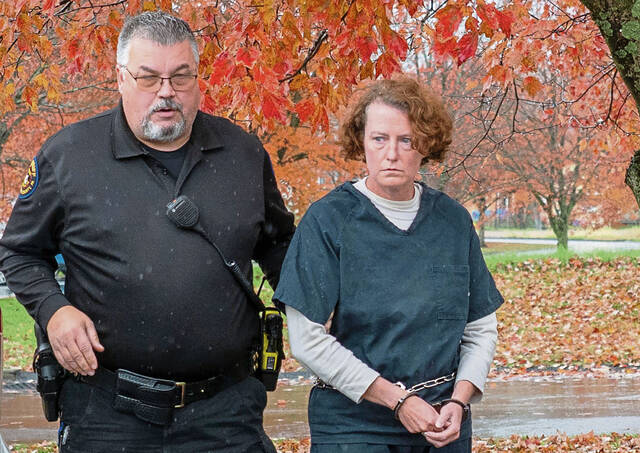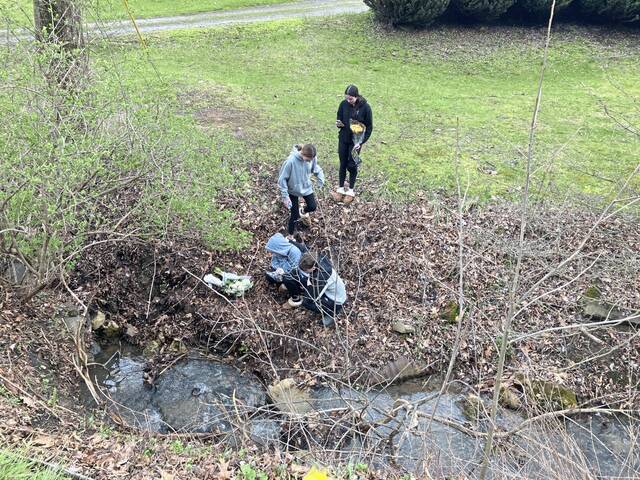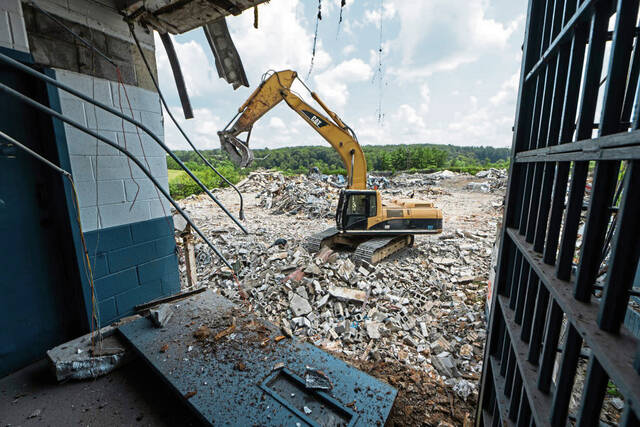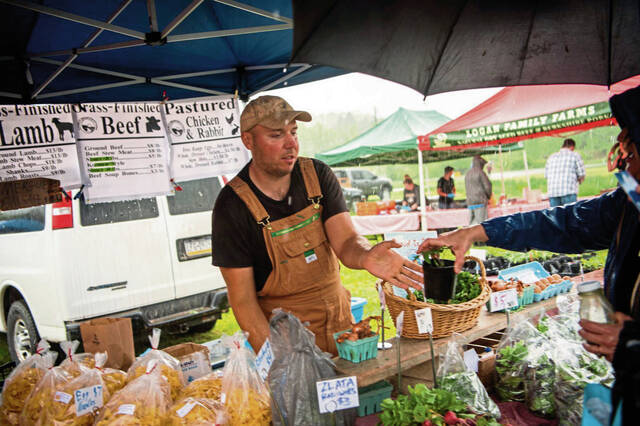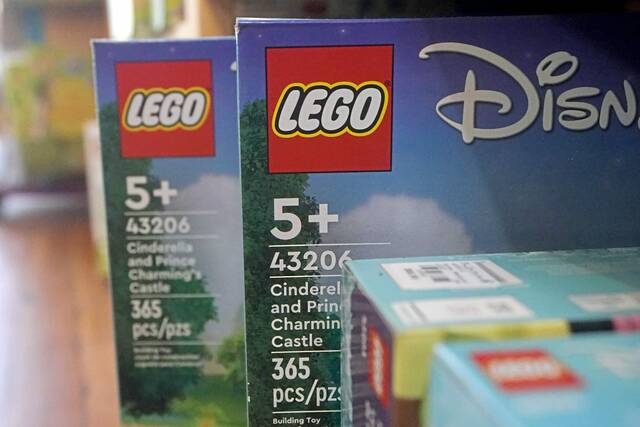Real estate agents say Latrobe’s proposal to double its real estate transfer tax, to 1%, would create an undue burden for first-time homebuyers looking to settle in the city.
Justin Capouellez, government affairs director for the Realtors Association of Westmoreland, Indiana and the Mon Valley, told city council this week that the proposed tax hike would add to closing costs of a property purchase and could put Latrobe at a disadvantage when competing with other communities to attract new homeowners.
“First-time homebuyers (who haven’t owned a home in the previous three years) make up roughly a third of the market in the Pittsburgh metro area,” Capouellez said. “People are going to choose what’s in the best interest of their pocketbook. Even a small increase can bump somebody out from moving into the community.
“You guys have worked tremendously hard to build up your city, and we don’t want you to lose your competitive edge.”
Raising the transfer tax rate is among recommendations in a strategic management plan recently completed for Latrobe by consultant Grass Root Solutions.
City manager Terry Carcella has estimated the realty transfer tax — at the higher 1% rate — could bring in $150,000 in 2025, equaling the revenue from about 2.7 mills of property tax while helping to support a proposed $7.4 million budget. That compares with the roughly $77,000 the .5% transfer tax generated so far this year and the $104,800 it raised in 2023.
Real estate agents say the transfer tax is subject to market volatility and suggested the city find a better revenue source.
Over the past 10 years, the median annual sale price for Latrobe homes has ranged from $86,750 to $160,000, according to data presented by Capouellez. During the same time frame, the city’s annual transfer tax revenue grew from $5,480, but Capouellez said he expects that revenue will fall back to pre-pandemic levels because of an anticipated end to the pandemic housing bubble, with buyers locked in at lower interest rates.
“A healthy market would have about six months of (housing) supply,” he said. “Latrobe only has 2.23 months, which is really low.”
Ron Larch, a real estate agent from Indiana, expressed concern that a hike in the transfer tax could “drive up the cost of home ownership across the board, especially in the economy we have right now. It’s just piling on another fee, another expense.”
Since the transfer tax typically is split between the home buyer and seller, Larch said, it also would be an added burden for older homeowners looking to downsize for retirement.
“This is just going to be an additional cost to take money away from all the hard equity they earned,” he said.
If the city goes through with the transfer tax increase, Capouellez proposed that it consider a rebate for affected first-time home buyers — possibly through a deduction from their city property tax bill.
Two-tier device fee eyed
Grass Root Solutions also recommended that Latrobe increase its mechanical device license fee from $100 to $1,000 per device, but city officials are considering a less drastic hike.
Carcella initially suggested an increase to $400 per device but has since proposed that the higher fee apply only to more lucrative “game of chance” machines, while pool tables and jukeboxes would continue to be assessed at $100.
“I think it’s a more fair way of doing it,” he said.
“I don’t think our fee structure is going to affect anything in the field,” said police Chief Richard Bosco. “I don’t think we can raise it to any level that’s going to deter the (machine) supplier.”
He said he surveyed city establishments that have the machines and was told the vendors who own them either pay the entire city device fee or pay a percentage of the fee based on the income the machine generates.
Council will vote in December on its tax and fee structure for the coming year.



